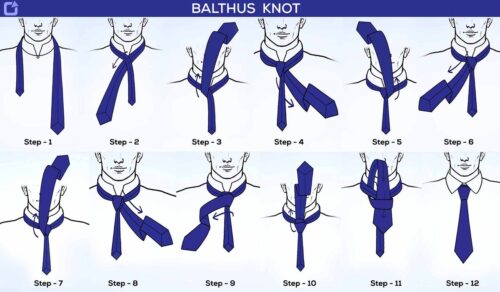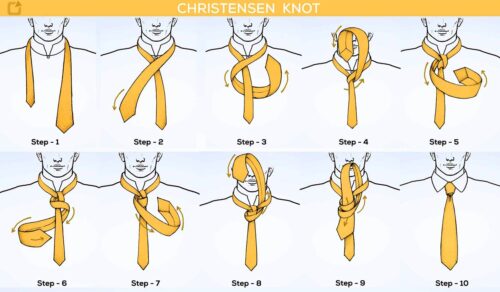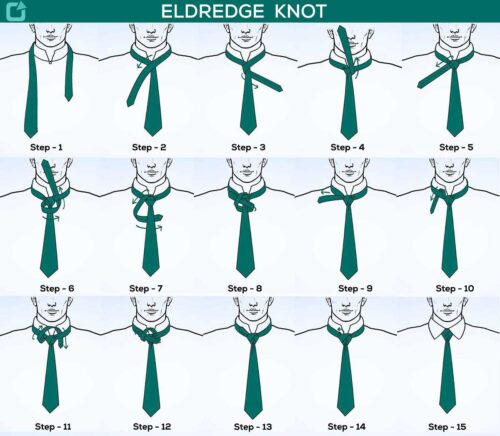Get Suited: 10 Expert Tailoring Tips for Men to Look Sharp & Stylish
When it comes to men’s style, fit is everything. A perfectly tailored suit doesn’t just flatter your body—it tells the world you pay attention to detail. Whether you’re dressing for a wedding, a big meeting, or just want to upgrade your everyday look, these tailoring tips for men to get suited will help you look polished, confident, and timelessly stylish.
1. Start With a Professional Measurement
Before you even think about buying or altering a suit, get professionally measured. This includes:
Neck circumference
Shoulder width
Chest and waist size
Sleeve length
Inseam and outseam
Tip: Always wear the shoes and shirt you’ll likely pair with your suit during measurements.
2. Understand Different Suit Fits
Men’s suits generally come in three main fit styles:
Slim Fit: Tailored close to the body, ideal for lean frames
Classic Fit: Roomier, traditional fit, perfect for comfort
Modern Fit: A balance between slim and classic
Tip: Choose your suit fit based on your body type and comfort, not trends.
3. Don’t Skip the Shoulders
The shoulder line is the most difficult part to alter. If it doesn’t fit well off the rack, don’t buy it.
Your suit shoulder should end where your natural shoulder ends – no bulging, no sagging.
4. Nail the Sleeve Length
A perfectly tailored sleeve allows ½ inch of your shirt cuff to peek out.
Tip: If sleeves are too long or short, they can ruin the balance of your look. Always get them altered by a tailor if needed.
5. Know Your Pant Break
Ever wondered why your pants bunch up or look too short?
That’s due to the “pant break”, which is the fold where your pants meet your shoes. The most flattering break styles:
No break (modern, sleek)
Slight break (safe and classic)
Full break (older, more formal)
For most modern looks, a slight break is ideal.
6. Choose the Right Fabric for the Season
Not all suits are created equal. The fabric you choose affects not only the look but also the comfort.
| Season | Best Fabrics |
|---|---|
| Summer | Linen, Lightweight Cotton |
| Winter | Wool, Tweed, Flannel |
| All-season | Mid-weight Wool |
7. Match Suit Colors With Occasion
Your suit color says a lot about the occasion and your personal style:
Navy: Versatile, works for both work and weddings
Charcoal: Professional and mature
Black: Formal events or eveningwear
Light Grey/Tan: Casual or summer events
Pro Tip: First-time buyers should start with navy or charcoal—timeless and easy to style.
8. Avoid Common Tailoring Mistakes
Here are some blunders men make while tailoring:
Over-tailoring: Looks tight and uncomfortable
Short jackets: Trendy, but unflattering for many body types
Neglecting posture: Tailor with your natural stance, not stiff poses
Always do a final fitting session before your event to check comfort and movement.
9. Accessory Fit Matters Too
Your shirt, tie, and shoes must complement the suit and your body proportions:
Shirt collar should fit snug but not tight
Tie width = Lapel width = Shoulder width (roughly)
Avoid bulky shoes with slim-fit suits
Want to elevate your style? Try these accessories:
Slim silk ties
Pocket squares
Monk strap shoes or leather brogues
10. Know When to Go Bespoke
Not all suits can be saved by tailoring. If you’re:
Struggling to get the right fit off-the-rack
Wanting something truly unique
Dressing for a once-in-a-lifetime event
Then it’s time to go bespoke.
Bespoke vs Made-to-Measure:
Bespoke: Fully custom from scratch
Made-to-Measure: Adjustments to a base pattern
While bespoke is pricier, the result is unmatched personalization and fit.
People Also Read:
Must have accessories for modern gentlemen
Staying on top of men’s fashion trends
Final Thoughts
Getting suited isn’t just about throwing on a blazer – it’s about how it fits, feels, and flows with your personality. These tailoring tips for men to get suited will help you look sharp, feel confident, and leave a lasting impression wherever you go.
Frequently Asked Questions (FAQ)
Q1: What’s the most important part of tailoring a suit?
A: The shoulders. If they don’t fit well, it’s hard (and expensive) to fix later.
Q2: How long does tailoring a suit take?
A: Basic alterations can take 2–5 days. Bespoke suits usually require 3–6 weeks.
Q3: Should I buy a bigger size and tailor it down?
A: Slightly bigger is okay, but never go more than one size up. Over-alteration ruins structure.
GADGETS
Body Mass Index Calculator
Ideal Body Weight Calculator
Body Fat Percentage Calculator




















